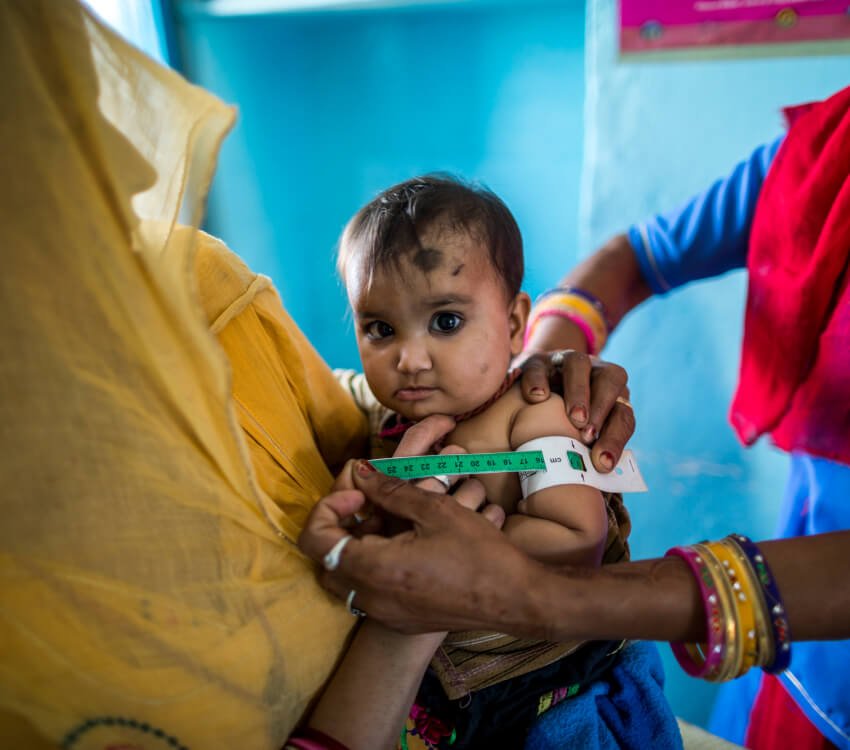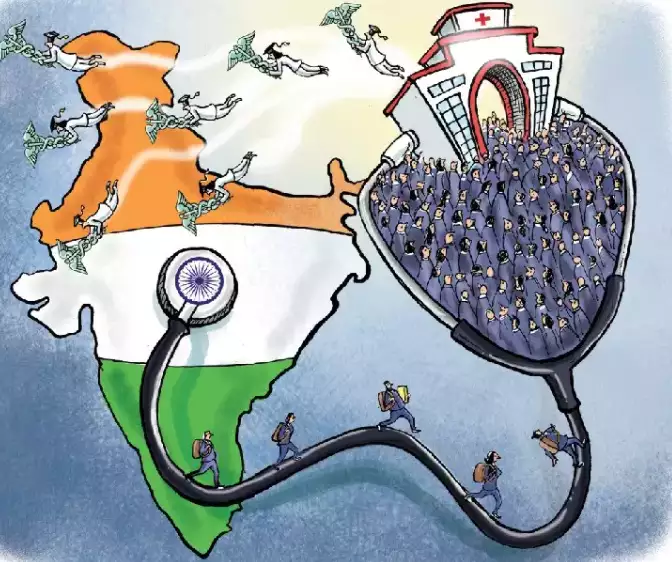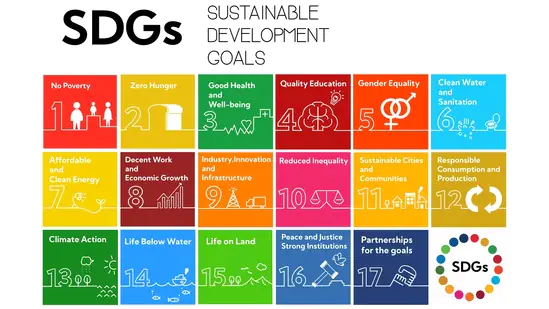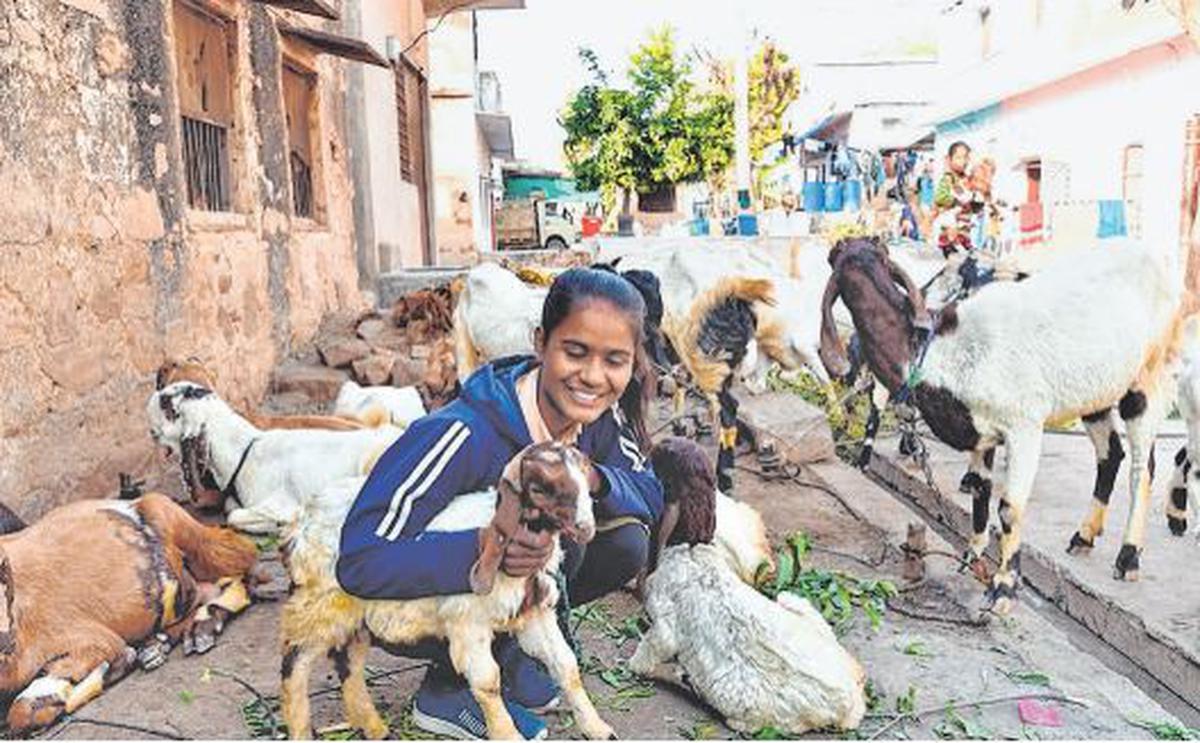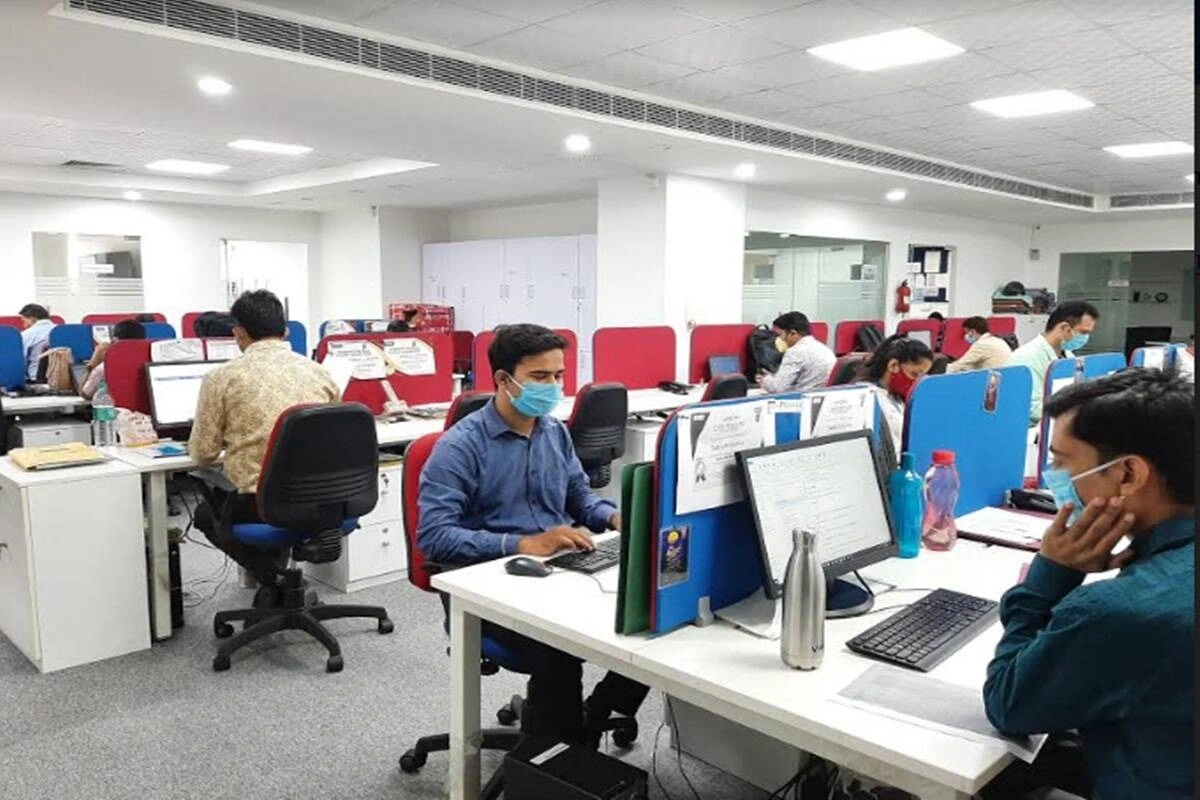Breastfeeding: A little more to educate and support
Adequate diet, from conception to infancy, is associated with numerous gains for children. It ensures sufficient micronutrients, protein, and essential fatty acids for brain development. A well-nourished child begins life with cognitive, motor, socio-emotional, and developmental advantages over other children. Initiating exclusive Breastfeeding within an hour of birth reduces the likelihood of neonatal mortality; it serves as the starting point of the continuum of care for the mother and world. Studies in India and the world have found that the odds of neonatal death increase multifold if there is a delay in breastfeeding initiation. Infants and young children are amongst the most vulnerable groups in India. Exclusive Breastfeeding for six months reduces the risk of diarrhoea and growth faltering.
Infant and Young Child Feeding (IYCF) is a set of well-known, common, and scientific recommendations for appropriately feeding newborns and children under two years old.
NFHS-5 data highlights that 95% of mothers deliver in hospitals, but only 42% can begin breastfeeding within one hour, while 64% are exclusively breastfeeding. What is also challenging is that the exclusive breastfeeding rates were almost similar in NFHS-,4 showing no change in the ensuing years. Delivering a baby in the Hospital seems to risk a baby’s first health vaccine.
IPE Global in Rajasthan is working under the name of ‘RajPusht – A Healthy Rajasthan’ project with key intervention areas such as Maternal Nutrition, Early Initiation of Breast Feeding, Exclusive Breast Feeding, Timely Initiation of Complementary Feeding, Growth monitoring, Immunisation, etc. The project conducted a qualitative study to understand the motivation and barriers related to breastfeeding practices. The findings of the study are as follows:
Early Initiation of Breastfeeding
- Awareness of the breastfeeding protocol was high among the facility staff, though precedence was given to postpartum and intrapartum care pushing early Initiation of breastfeeding down the priority list.
- Counselling skills were found in some facilities, especially concerning first-time mothers who were shy and reluctant to feed their children in front of others.
- Facilities with Yashodas (paramedical personnel deployed in hospitals with 30 or more beds) have better compliance with the early breastfeeding initiation.
- Several myths prevail around early Initiation, like lactation not beginning immediately after delivery and taking at least 3 days to start; first milk (colostrum) is impure and should be thrown away; feeding in front of other brings wrath (evil eye) and should be avoided.
Exclusive Breastfeeding
- People are aware of the benefits of mother’s milk for a child; however, exclusivity and its duration encounter resistance in many places. Frontline workers have a detailed understanding of exclusive Breastfeeding and its importance. ASHAs have the edge over other frontline workers regarding confidence in some pockets.
- The husband’s knowledge of exclusive Breastfeeding is woefully lacking. They have almost no caregiving role during this phase.
- If women perceive that they are “not producing enough milk”, families add top-feed such as goat’s milk to meet the child’s food requirement. In fact, goat milk is preferred over mother’s milk in several places.
- Giving the child water isn’t considered an act that breaks Exclusive Breastfeeding.
- Mothers have competing priorities that lead to a lack of patience while the infant figures out how to suckle, leading to an early break in Breastfeeding, with female elders stepping in to feed the child.
Department of Health and ICDS already have pre-laid training plans for ANM, ASHA and AWW on health and nutrition modules. ASHA is often trained on the IYCF component during the HBYC training and AWW under the ILA (Incremental learning approach) module. But the facility staff, who deal with the mothers and caregivers soon after delivery, and in OPD and IPD, are mostly not considered for IYCF-specific training.
Staff nurses are the backbone of any medical facility. They have vital skills to supervise, monitor and handhold the patients (IPD and OPD) and ensure compliance with the technical and programmatic protocol. They also have a deep understanding of all Labour room protocols, fully understand the importance of IYCF and were keen for EIBF, EBF and age-appropriate complementary feeding trainings. However, a huge contrast exists between the workers’ knowledge and their ability to apply in counselling sessions with caregivers.
The World Breastfeeding Week is celebrated as a global campaign every year from 1st August to 7th August 2022 to strengthen the efforts to improve breastfeeding practices. This year the theme of World Breastfeeding Week-2022 is “Step up for Breastfeeding: Educate and support”, recognising the importance of Breastfeeding in managing the double burden of malnutrition, reducing discrimination, and providing food security. The theme aims to restore various actors’ capacity to support and empower breastfeeding.
In line with the theme and following the findings of the qualitative study, the RajPusht program focused on the capacity building of the health care providers working in the Government facilities like AWC, Sub centre, PHC, CHC, Satellite and district Hospital. Four days training on “Breastfeeding and Infant Young Child Feeding (IYCF) Counselling and Support Skill” was conducted for 132 medical staffs from 89 facilities (across five Rajpusht districts). The training curriculum was based on keeping the role of Nursing Staff in mind, training them on EIBF, EBF and age-appropriate complementary feeding and myths and taboos across IYCF to apply these in formal counselling sessions with caregivers. It was seen that these support staff at the health facilities requires continuous skills to strengthen and support IYCF and this in turn will help them to earn accreditation for their institution by making it a mother and child friendly space. The trained Staff Nurses were important resource to the State, and this will be on going activity by the State in future to saturate the facilities with 100% trained staff on IYCF.
In addition to training the public health facility staff, the program is also taking up special efforts to improve the breastfeeding practices in the communities. Intensive focus for infant and early child care has moved from just mothers to also include husbands and mother-in-laws. Videos and other IEC material has been developed and disseminated through several channels to build awareness around the key challenges. The messages are in local languages. Specific communication around har of ghuttis and water breaking exclusivity in the first 6 months is being promoted.
Immense efforts by the government are already afoot to mitigate challenges around IYCF practices. Just a liitle more effort is required to refine the existing strategies. Community leadership and vlunteers should be mobilised to enable change in deep-rooted norms.
Through the efforts, project RajPusht is already observing a positive shift in early Initiation and exclusive breastfeeding practices by 21% and 40%, respectively.




